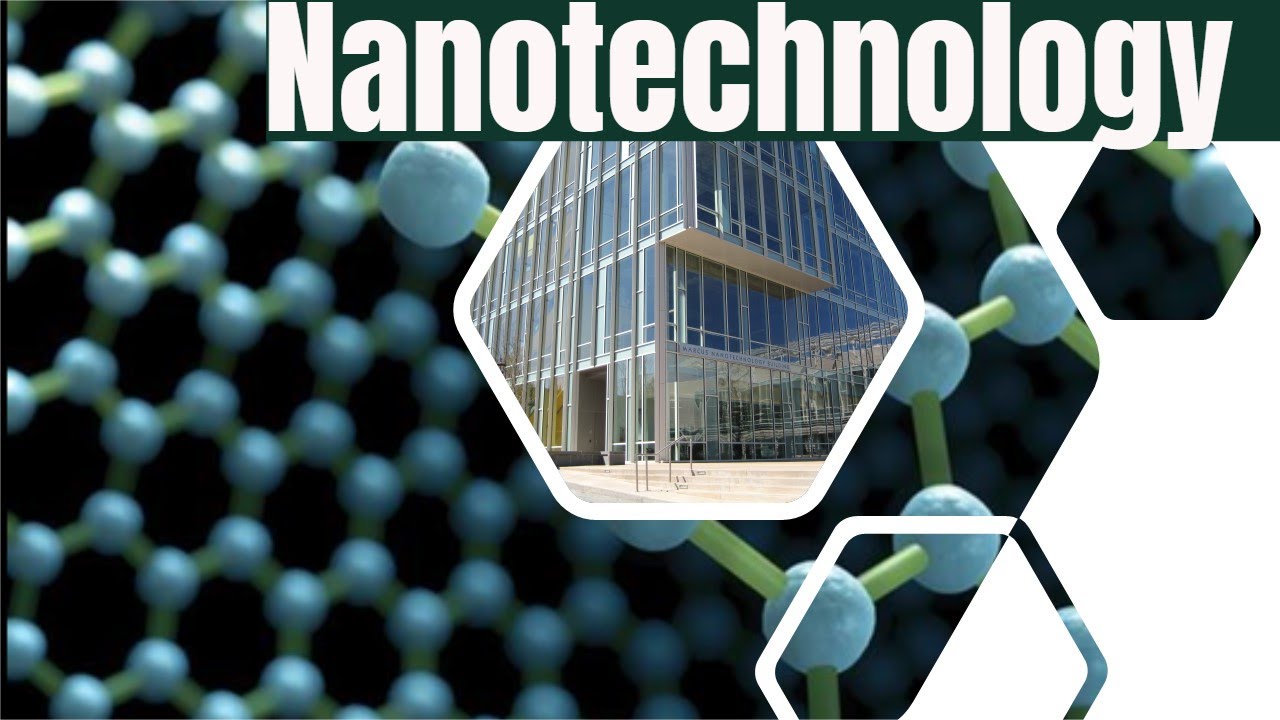Nanotechnology engineering is a multidisciplinary field that combines the principles of engineering with the study of matter at the nanoscale. It involves designing, developing, and utilizing materials and devices with dimensions on the order of nanometers (one-billionth of a meter).
Key Areas of Nanotechnology Engineering
- Materials Science: Developing and characterizing new materials with unique properties at the nanoscale, such as increased strength, conductivity, or durability.
- Electronics: Creating smaller, faster, and more energy-efficient electronic devices, such as transistors and memory chips.
- Medicine: Developing nanomaterials for drug delivery, medical imaging, and tissue engineering.
- Energy: Designing and improving energy storage and generation devices, such as batteries and solar cells.
- Environmental Science: Using nanotechnology to address environmental challenges, such as pollution and water purification.
Challenges and Opportunities
While nanotechnology offers immense potential, it also presents significant challenges:
- Technical Challenges: Working at the nanoscale requires precise control and manipulation of matter, which can be difficult to achieve.
- Ethical Considerations: The development and use of nanotechnology raise ethical concerns, such as potential environmental and health risks.
- Regulatory Issues: Ensuring the safe and responsible development and use of nanotechnology requires appropriate regulations.
Despite these challenges, nanotechnology engineering offers exciting opportunities for innovation and advancement. As research and development continue to progress, we can expect to see even more groundbreaking applications of nanotechnology in the years to come.
Examples of Nanotechnology Applications
- Nanomedicine: Targeted drug delivery, early disease detection, and tissue engineering.
- Electronics: Smaller, faster, and more energy-efficient devices, such as smartphones and computers.
- Materials Science: Lightweight, strong, and durable materials for use in aerospace, automotive, and other industries.
- Energy: Improved batteries, solar cells, and fuel cells for renewable energy applications.
- Environmental Science: Water purification, pollution remediation, and sustainable materials.
In conclusion, nanotechnology engineering is a rapidly growing field with the potential to revolutionize various industries and improve our lives. As researchers continue to push the boundaries of what is possible at the nanoscale, we can expect to see even more exciting and innovative applications in the future.
